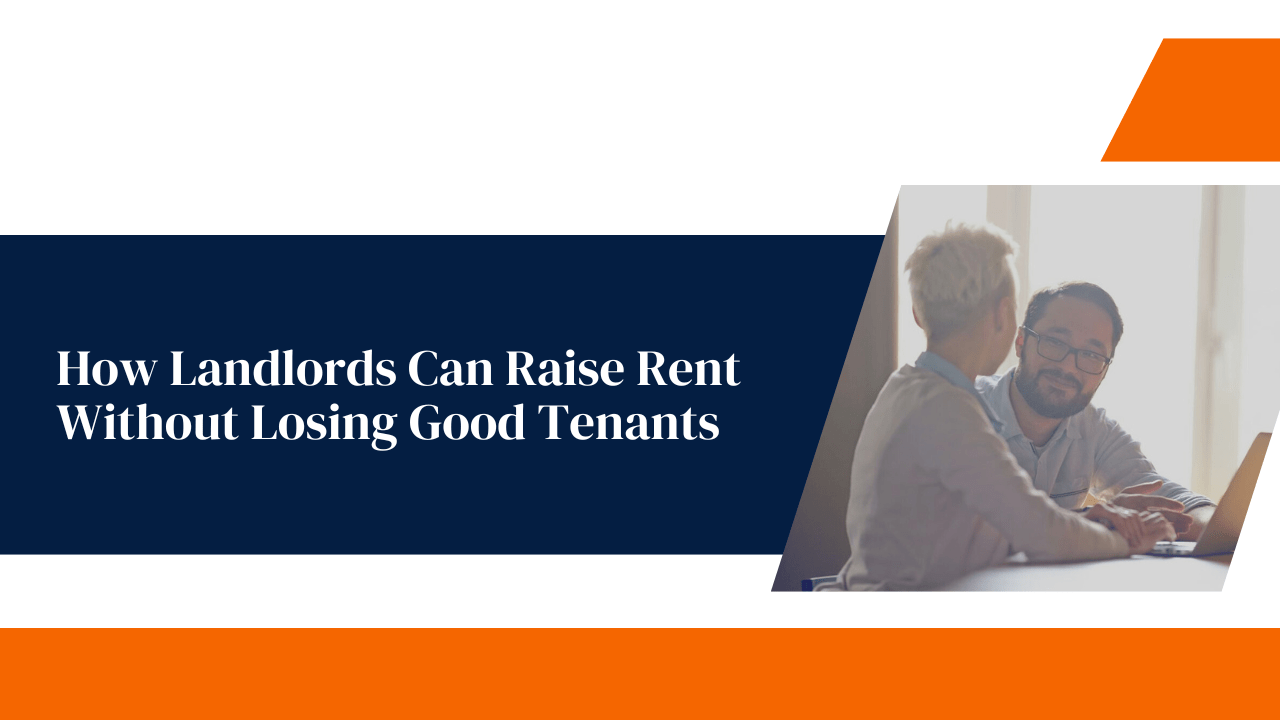These days, this topic is always top of mind: home insurance in California.
In recent years, California has experienced a troubling rise in home insurance premiums, and many insurers have decided to exit the state entirely, not only refusing to write new policies but also declining to renew existing coverage.
This trend is particularly troubling for real estate investors and rental property owners who need insurance not only to protect their investments but also to protect them from liability. The rising cost of home insurance and the lack of providers in the state is adding financial stress to an already expensive housing market in Encinitas and other local areas.
You might be re-evaluating your
investment strategies or thinking about how you can recoup some of these costs.
Let’s talk about how California’s home insurance crisis is impacting landlords in Encinitas, and what we can do about it.
The Problem: Insurers Leaving California
For many property owners, insurance premiums have increased by more than 10 percent over the last two years. There are a number of reasons for this, including higher costs for building and rebuilding, intense natural
disasters such as fires and floods, and an increasing number of claims.
All of that contributes to more and more insurers deciding not to write policies in California.
This crisis began in 2023, when State Farm announced they would no longer issue new
insurance policies
to California homeowners. Allstate followed them out of the state and since then, we’ve seen a number of other insurers stop doing business here. For property owners in Encinitas, that means fewer options and higher policy prices.
California’s strict regulatory environment has also been blamed for the departure of insurers.
For example, Proposition 103, which mandates that insurers obtain state approval before raising rates, has been blamed for slowing down the process of adjusting premiums to reflect increased risks. Insurers argue that these regulations prevent them from raising rates quickly enough to cover rising costs and potential losses.
There’s also a complex reinsurance market in California. Reinsurance is how insurers manage their own risk, and the market in this state has been challenging. Insurers are having a hard time protecting themselves against potential losses, making business here not worth the effort or the expense.
That leaves us with a handful of insurers writing most of the insurance policies throughout California.
The Financial Impact on Landlords in Encinitas
For rental property owners in Encinitas, the rising cost of home insurance is becoming a serious financial burden.
In addition to the direct financial burden on landlords, the home insurance crisis is also affecting property values in Encinitas. As insurance premiums continue to rise and the availability of policies shrinks, prospective buyers may be wary of purchasing property in the area. The inability to secure affordable insurance coverage, coupled with concerns over future premium hikes, could make Encinitas a less attractive market for new investors.
There’s also a growing question from some owners and investors about the long-term viability of investing in coastal properties in California. Some experts suggest that the increased frequency of natural disasters, rising sea levels, and stricter insurance regulations could ultimately lead to a decline in property values in high-risk areas, particularly along the coast. This scenario could be especially difficult for investors and landlords in Encinitas. While some may be able to ride out the insurance crisis and continue
profiting from rental income, others could face declining property values as insurance issues further strain the housing market.
What Can Homeowners and Rental Property Owners Do?
In the face of California’s home insurance crisis, property owners and
real estate investors in Encinitas have a few potential strategies to manage the situation.
- Shop Around for Insurance. Even though many major insurers are scaling back coverage, smaller, regional insurers or surplus lines carriers may still offer more affordable policies. Landlords should be proactive in exploring their options and comparing rates to find the best deal available. We can help with this and make some introductions if you need a recommendation for an insurance broker.
- Consider Risk Mitigation Measures. Protect your property. Landlords can invest in risk-reduction strategies, such as fire-resistant roofing, reinforced windows, and flood barriers, to lower the perceived risk of their properties and potentially reduce their insurance premiums. Avoiding risk has always been important, but with the latest insurance developments, protecting your investment ahead of potential disasters is a good idea.
- Increase Rent Strategically. While passing insurance costs onto tenants may be inevitable, landlords should consider how to balance rent increases with
tenant retention. Excessive rent hikes could
lead to vacancies, while modest increases may help cover costs without alienating renters. There are also the stabilization
laws to consider; you can only raise the rent by what is permitted by law for existing tenants.
- Advocate for Reform. Rental property owners can protect their own interests by working with advocacy groups and
property managers
to speak up for state-level reform of California’s insurance market. Lobbying for better access to affordable insurance and more comprehensive disaster relief policies could help alleviate some of the pressure landlords face in the future.
California Property Insurance: The Road Ahead















